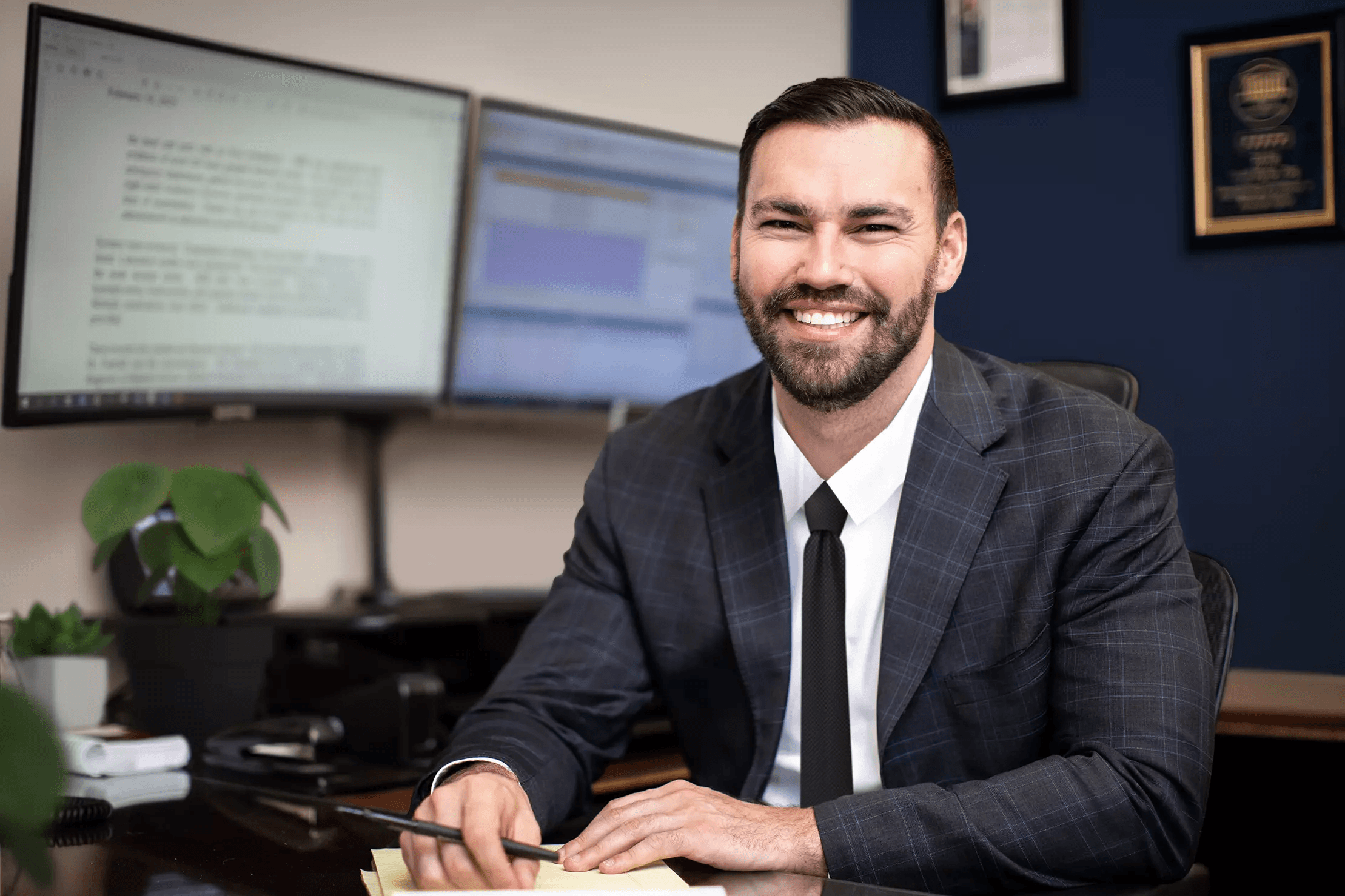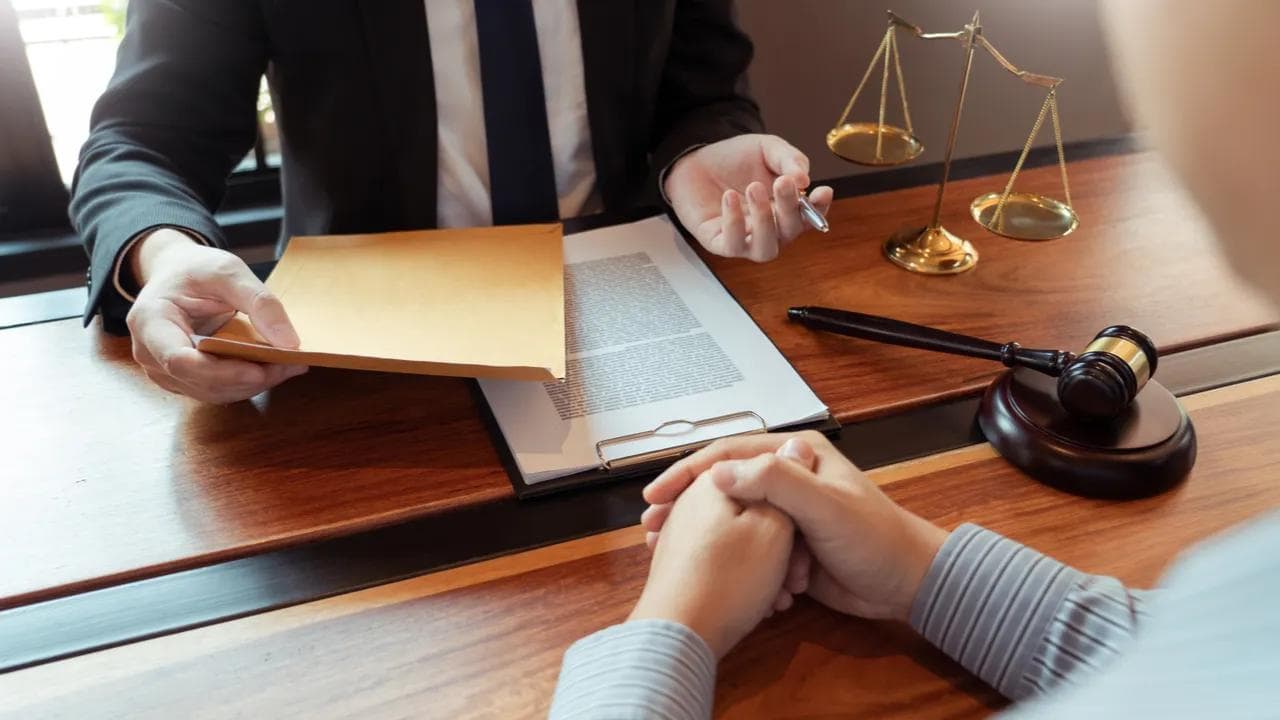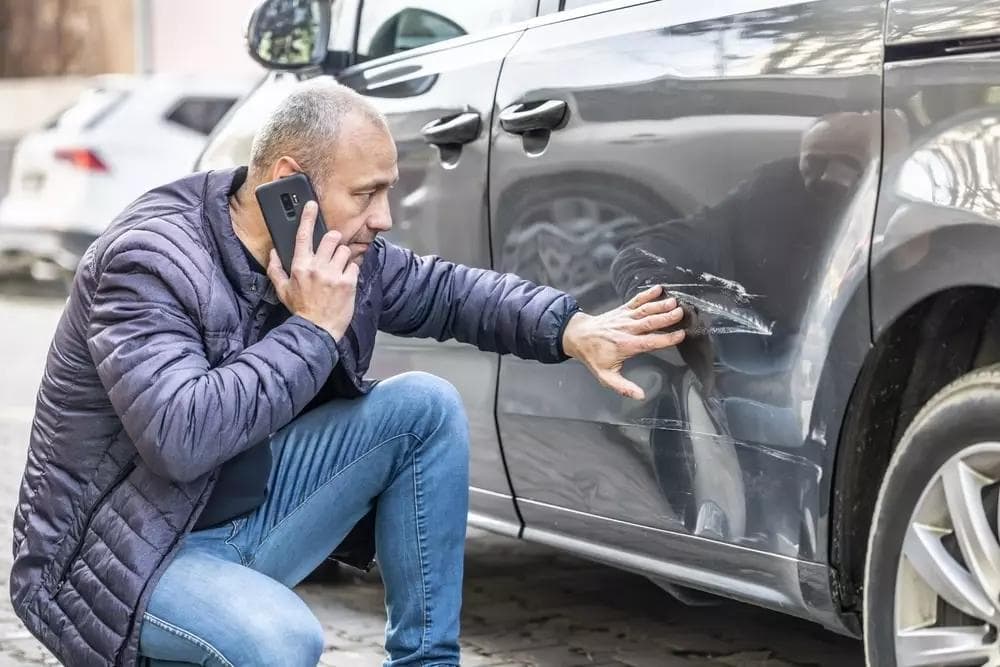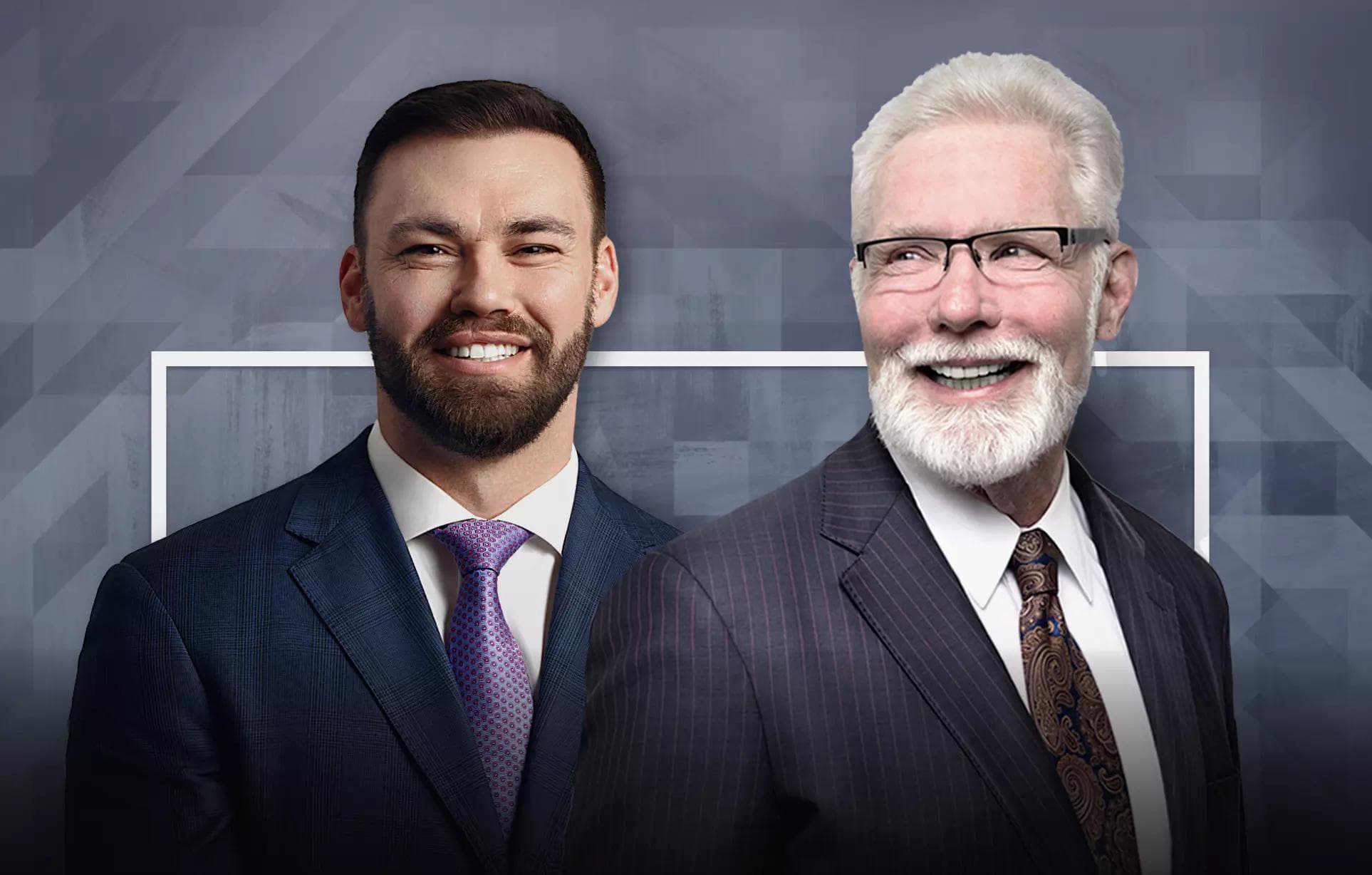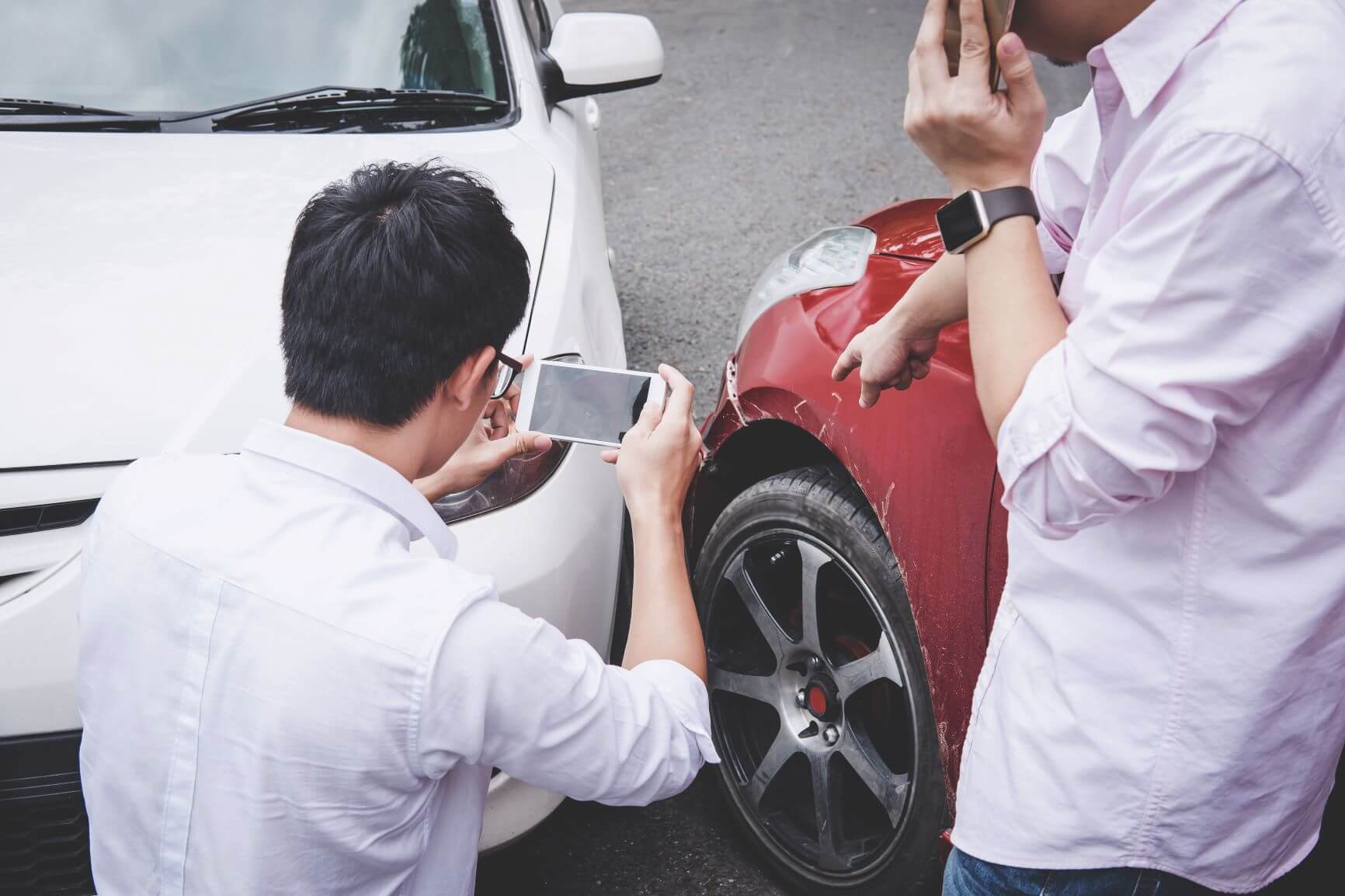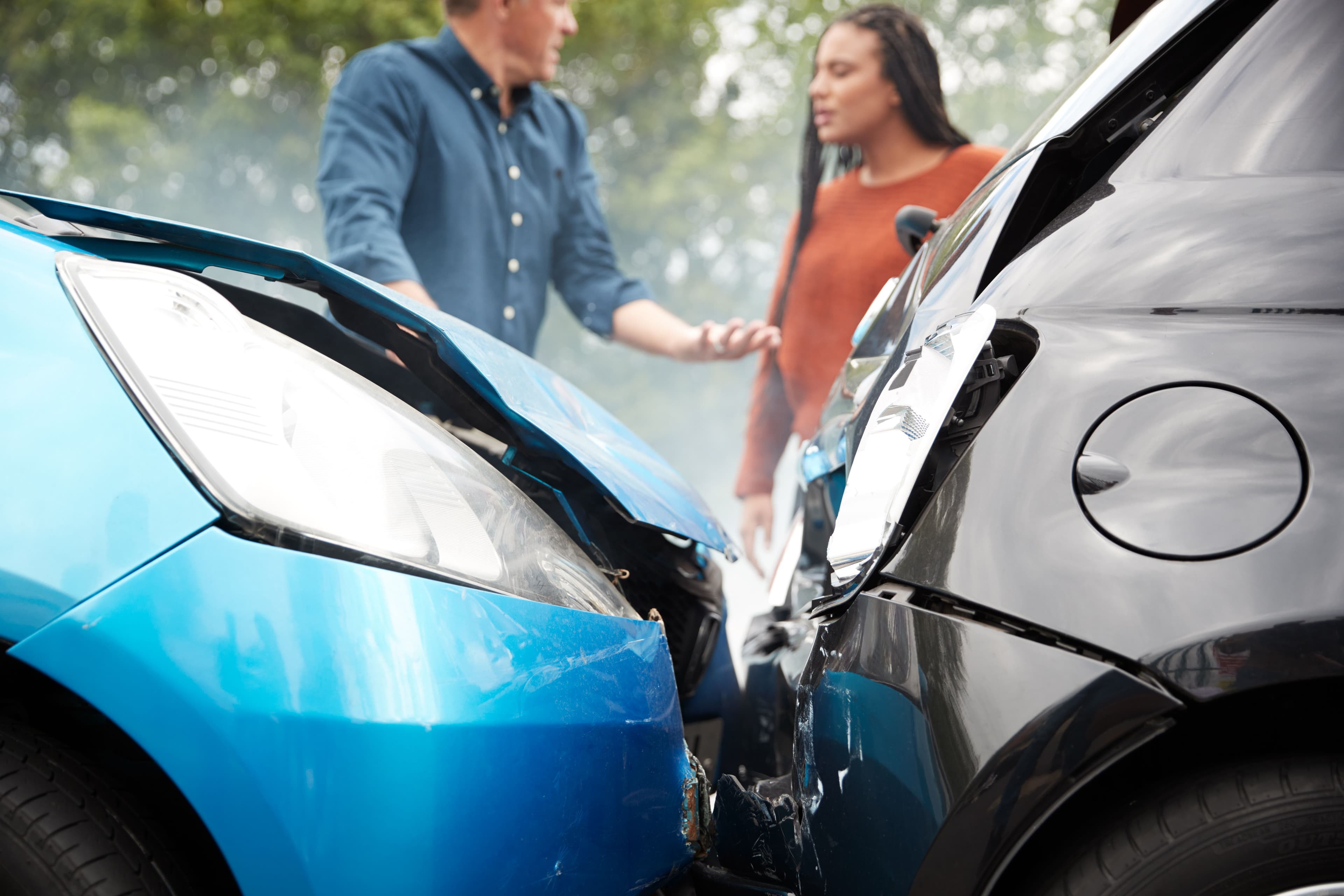
When Should You Hire a Car Accident Lawyer?
Free ConsultationIf you've been in a car accident, contact a lawyer as soon as possible—ideally before speaking to the other driver's insurance company. An attorney can protect your rights, preserve evidence, and help you pursue the full compensation you deserve for medical bills, lost wages, and other damages. Waiting too long can weaken your claim and limit your recovery.
Why Does Hiring a Lawyer Matter After a Car Accident?
Car accident claims are rarely as simple as they first appear. On paper, it sounds straightforward: file a claim, provide documents, get paid. In reality, accident victims often face a maze of insurance procedures, legal rules, and subtle tactics designed to reduce payouts.
Insurance companies have teams of adjusters and lawyers protecting their bottom line. You need someone doing the same for you.
One of the most important benefits of hiring a lawyer is levelling the playing field. From the moment you report an accident, the insurer begins assessing ways to minimize liability. They may look for statements you make that could be interpreted as admitting fault, question the severity of your injuries, or push for a quick settlement before you know the full cost of your recovery. An attorney steps in to stop those tactics before they damage your case.
Meeting Deadlines and Legal Requirements
Every state has a statute of limitations that sets the deadline for filing a lawsuit. In California, it's just two years from the date of the accident—sometimes less for certain claims. If you miss that deadline, your case is almost certainly over.
There are also shorter deadlines for notifying insurers or preserving certain types of evidence. A lawyer ensures every critical date is met so your claim stays alive.
Preserving and Building Evidence
Evidence can disappear quickly after a crash. Skid marks fade, vehicles get repaired or destroyed, and witnesses' memories become less reliable over time.
Attorneys act immediately to secure police reports, accident scene photos, witness statements, and even surveillance or dashcam footage before it's lost. This evidence often makes the difference between winning fair compensation and walking away with nothing.
Understanding and Countering Comparative Fault
California uses comparative fault rules, which reduce your recovery if you're found partially responsible for the crash. For example, if you're awarded $100,000 but found 20% at fault, you'll receive only $80,000.
Insurers know this and may exaggerate your share of the blame to cut their payout. A lawyer can investigate the facts, bring in accident reconstruction experts, and present evidence to reduce or eliminate allegations of fault against you.
Maximizing Your Compensation
Car accident damages often go far beyond medical bills and vehicle repairs. You may be entitled to compensation for lost wages, future loss of earning capacity, pain and suffering, emotional distress, and long-term care needs.
Without legal guidance, many victims underestimate the value of their claims and accept settlements that don't cover future expenses. Lawyers work with medical professionals, vocational experts, and economists to calculate your full damages so you don't leave money on the table.
Strategic Negotiation
Negotiating with insurance adjusters is not the same as haggling over a price tag—it's a calculated process backed by evidence, legal precedent, and a clear understanding of what juries award in similar cases. Lawyers use this knowledge to push for settlements that reflect your real losses, not the insurer's opening offer. If negotiations fail, they can sue and prepare for trial, which often motivates insurers to increase their offers.
When Should You Call a Car Accident Attorney?
While not every fender bender requires legal representation, far more cases benefit from it than many people realize. The safest approach is to consult a lawyer as soon as possible after a crash, especially if any of the following apply. Most car accident attorneys offer free consultations, so there's no downside to making the call.
You Were Injured
If you've suffered any injury—even what seems like minor whiplash or bruising—you should speak with a lawyer immediately. Some injuries take days or weeks to reveal their true severity. For example, a concussion might not show clear symptoms until you notice ongoing headaches or memory problems, and soft tissue injuries can worsen over time. Accepting a settlement before you fully understand your medical condition can leave you paying for treatment out of your own pocket later.
Fault Is Disputed
When liability is contested, an insurer may try to pin some or all of the blame on you. In California, comparative fault laws can dramatically reduce your compensation. For example, if you're found 40% responsible for a $100,000 claim, you'll only receive $60,000. An attorney can gather witness statements, obtain traffic camera footage, and work with accident reconstruction experts to clarify what really happened and defend against exaggerated fault claims.
Multiple Vehicles Were Involved
Multi-vehicle collisions create complex legal challenges. Multiple insurance companies may be involved, each trying to shift responsibility away from their policyholder. Evidence may conflict, and injuries are often more severe due to chain-reaction impacts. Lawyers are skilled at untangling these scenarios, identifying all potentially liable parties, and ensuring you pursue every available source of compensation.
The Accident Involved a Pedestrian, Cyclist, or Commercial Vehicle
Crashes with vulnerable road users like pedestrians or cyclists can involve different legal standards and may lead to higher damage claims. Commercial vehicle accidents—such as those involving tractor-trailers or delivery trucks—are even more complex. Trucking companies and commercial carriers often have rapid-response legal teams at the scene within hours. Without your own attorney acting quickly, valuable evidence could be lost or controlled by the other side.
An Uninsured or Underinsured Driver Caused the Crash
If the at-fault driver has no insurance, or not enough coverage to pay your damages, your lawyer can help you file an uninsured/underinsured motorist claim through your own policy. They can also investigate whether any third parties—such as a negligent vehicle owner or employer—can be held responsible.
A Loved One Was Killed in the Crash
In the most tragic cases, you may have grounds for a wrongful death claim. These cases are emotionally charged and require careful legal handling. Damages can include funeral costs, loss of future income, and the emotional and financial losses suffered by surviving family members. A lawyer can handle the legal burden while you focus on grieving and healing.
Your Claim Was Denied or Undervalued
If you've already filed a claim and the insurer denied it or offered far less than you believe it's worth, it's not too late to involve a lawyer. Attorneys can review the denial, identify errors or bad-faith tactics, and negotiate for a better outcome—or take the matter to court if necessary.
What Do I Do Before Speaking with an Attorney?
The steps you take after a car accident can have a direct impact on your ability to recover compensation. By the time you meet with a lawyer, the more evidence and documentation you've gathered, the stronger your case will be. Here's what to do to set the stage for success.
Immediate Actions After an Accident
1. Get Medical Attention Immediately
Even if you think you walked away unharmed, see a doctor as soon as possible. Many injuries—including concussions, whiplash, and internal damage—don't cause immediate symptoms. A medical evaluation creates a record linking your injuries to the accident, which is critical for your claim. Waiting too long can give the insurance company an excuse to argue your injuries weren't related to the crash.
Tip: Follow all treatment instructions and keep every appointment. Gaps in care can be used against you.
2. Document the Scene
If it's safe to do so, take clear photographs of:
- Vehicle damage from multiple angles
- The positions of vehicles after the crash
- Skid marks, debris, and road conditions
- Traffic lights, signs, or obstructions
- Any visible injuries to yourself or passengers
If you're unable to take photos, ask a passenger, bystander, or even responding police officers if they can help document the scene.
Tip: Video footage can capture more context than still photos, especially for showing traffic patterns or weather conditions.
3. Collect Contact and Insurance Information
Exchange names, phone numbers, addresses, driver's license numbers, and insurance details with every driver involved. If there are witnesses, get their full contact information as well. Eyewitness testimony can be invaluable, especially if fault is disputed.
4. Get a Copy of the Police Report
If officers responded to the scene, they'll prepare an official accident report. This document often includes initial observations about fault, witness statements, and diagrams of the crash. Request a copy as soon as it's available, as your lawyer will need it to start building your case.
5. Avoid Discussing Fault
Do not admit fault—even casually—to other drivers, witnesses, or the insurance company. Fault determination should be left to the evidence and, ultimately, the legal process. Even an offhand apology can be taken out of context and used to reduce your compensation.
6. Notify Your Insurance Company
You're generally required to report the accident to your insurer promptly. Keep your statement factual and brief. Avoid speculating about fault or the extent of your injuries until you've spoken with a lawyer.
7. Keep an Accident File
Start a folder—digital or physical—where you store all accident-related documents. Include:
- Medical records and bills
- Vehicle repair estimates and receipts
- Pay stubs showing lost income
- Photos and videos from the scene
- Correspondence with insurers
This organized record will save your attorney time and help them quickly assess the strength of your case.
How a Lawyer Can Help Your Car Accident Case
A car accident lawyer's role extends far beyond filing paperwork. They handle the legal, procedural, and strategic aspects of your case so you can focus on recovering from your injuries.
Investigating the Accident: Your lawyer will gather police reports, witness statements, medical records, photographs, and, when necessary, hire accident reconstruction experts. This creates a clear, evidence-backed narrative of what happened and who's responsible.
Handling All Communications: Once you have an attorney, insurance companies must deal directly with them. This prevents adjusters from pressuring you into a low settlement or using your words against you.
Calculating Damages: An experienced lawyer will assess all your losses — not just immediate medical bills. This includes lost income, reduced earning capacity, long-term medical care, property damage, and pain and suffering.
Negotiating a Settlement: Attorneys negotiate from a position of strength, backed by evidence and knowledge of what similar cases have settled for. If the insurer won't make a fair offer, your lawyer can take your case to trial.
Maximizing Your Recovery: By building a strong case and managing the process from start to finish, your attorney increases your chances of securing the full compensation you deserve.
People Also Ask
How much does it cost to hire a car accident lawyer?
Most car accident attorneys work on a contingency fee basis, meaning they only get paid if you win your case. The fee is typically a percentage of your settlement or verdict. You won't owe upfront costs, and many lawyers will advance expenses like expert witness fees.
How do car accident lawyers prove fault?
Lawyers use police reports, witness statements, medical records, photographs, and traffic camera footage to build the case. In more complex accidents, they may hire accident reconstruction specialists to analyze vehicle damage, skid marks, and road conditions.
What happens if the at-fault driver lies about the accident?
If the other driver lies, your lawyer will work to disprove their account using evidence like witness statements, surveillance footage, vehicle damage analysis, and phone records. Insurance companies often rely on recorded statements and accident reports, so your attorney will ensure the truth is documented early. Inconsistencies in the other driver's story can be powerful tools in negotiations or in court, especially when backed by solid evidence.
Don't Wait to Protect Your Rights
After a car accident, the stakes are too high to go it alone. Medical bills can quickly overwhelm you, injuries can disrupt your life for months or years, and insurance companies are not on your side. A skilled car accident lawyer ensures your rights are protected, your case is built on solid evidence, and your compensation reflects the true impact of the crash on your life.
The sooner you involve an attorney, the stronger your case will be. Delays can mean lost evidence, missed deadlines, and reduced recovery. Don't give the insurance company an advantage.
If you've been injured in a car accident, call PARRIS Law Firm today for a free consultation. We'll review your case, explain your options, and fight to secure the compensation you deserve.


